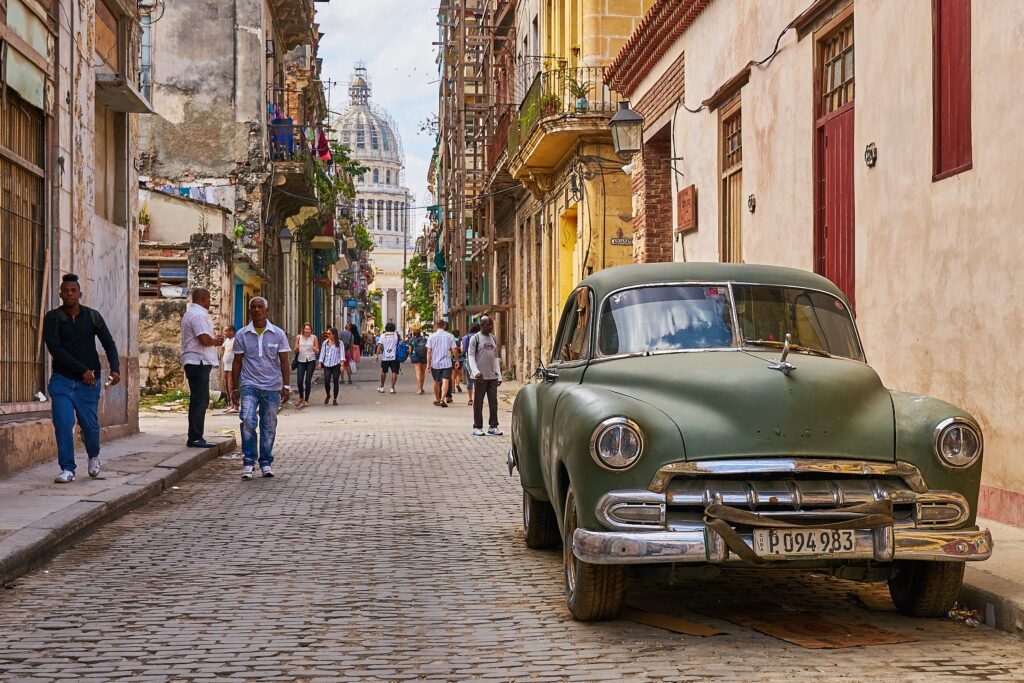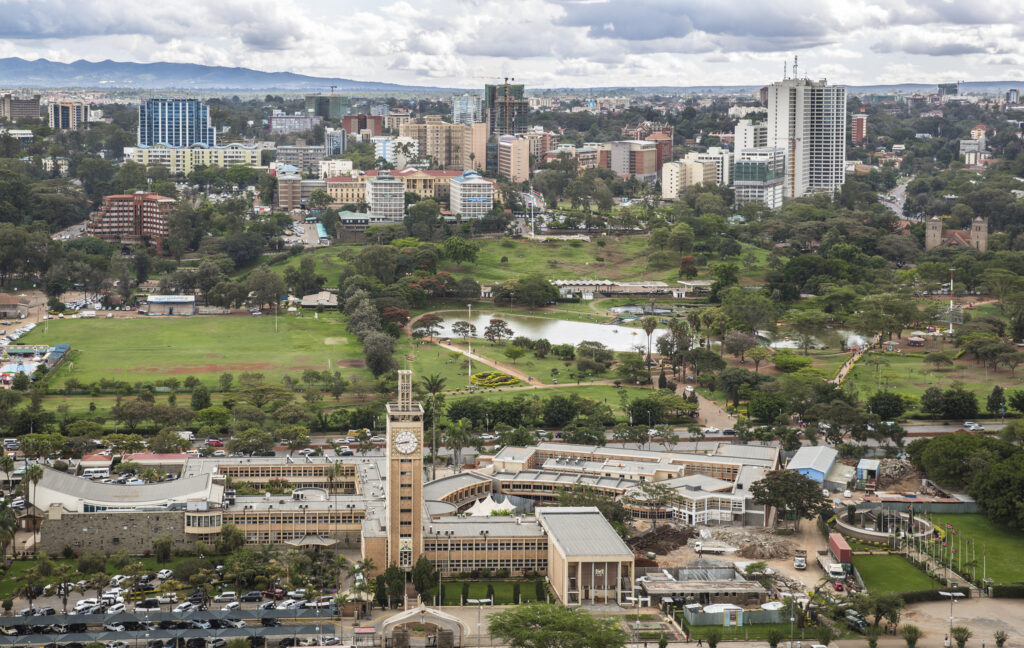The story of Cuba and America is a long one riddled with harsh politics, military tension, and competing ideologies. Underneath the ugliness, tourism, one of the only forms of contact between the two nations, has cultivated a connection. The interaction of regular Cuban citizens with American citizens brings prosperity to the island and enables mutual understanding. The impact of tourism may very well put the future of the island in the hands of American tourists and their Cuban counterparts.
The election of President Donald Trump was a shock and his policies towards Cuba seek to reverse all the progress of his predecessor, Barack Obama. However, another presidential election is on the horizon. In 2020, the United States will elect a new leader. If Donald Trump is re-elected, we can expect this trajectory of restrictions to continue. If a more liberal president takes the oval office, there is a possibility that relations with Cuba will improve and interaction between the two nations will increase. Yet, the next American president is not the only variable in play. Miguel Diaz-Canel is the new president of Cuba. While he was voted into office, he was hand-picked by Fidel Castro to take over the regime. When asked about the island’s revolutionary politics by American lawmakers his response was only “I was born in 1960 after the revolution. I’m not the best person to answer your questions on that subject” (Ahmed-Robles). Where does this new president stand? It is too early to know for sure.
Today the Cuban people enjoy the growing tourism industry, especially if they are employed by it. I’ve had the opportunity to talk to people from different parts of the tourism industry; including our Airbnb host, taxi drivers, and street vendors in Old Havana. Everyone has said something similar: they like the tourists because they provide the money on which they live and that they hope tourism continues to grow. One person even went so far as to say that they hope Trump doesn’t get re-elected and that the next United States president has a soft heart for Cuba. Unfortunately, tourism is the only industry in Cuba that is seeing success. Booming tourism has been great for many, but it is dangerous because if there is a change in the international climate and tourism declines the Cuban economy will fail.
Another idea of how tourism can help the Cuban people is an expansion of the private sector. Our guide works for the government and the taxis are part of a government-owned company. If these people could have their own businesses – like the Airbnb’s and restaurants – they would have more money and more success. One taxi driver told us that during the Obama presidency many Americans came to Cuba and brought with them their ideas of capitalism. This created a hunger in many Cubans to become entrepreneurs. Through increased contact with Americans, I think that the Cuban people will want the same rights as citizens have in America, especially in terms of private property and economics.
The people in the tourism industry want there to be more American tourists in the future and want to have the ability to start their own businesses (with more options than just an Airbnb or restaurant). However, new executive orders from the Trump Administration on June 5th, 2018 bring American tourism to a standstill. The regulations prohibit American cruise ships, yachts, and private planes from flying to the island. Travel to Cuba under a United States passport is limited to service missions for the Cuban people; this does not include educational travel or family visits. It is estimated that Cuba will lose over $130 million in revenue due to this change. The reasoning for these regulations is rooted in the Cold War narrative and Cuba being the “communist stronghold of the Western hemisphere”2. Additionally, the island’s relationship with President Maduro of Venezuela is a point of severe contention and the Trump Administration has stated that they are using these regulations as economic pressure to force Cuba to submit to the United States regarding Venezuela. Regardless of your political leanings, the facts of this situation must be addressed. The embargo on Cuba that began during the Kennedy Administration and held in place until Obama’s reforms beginning in 20143. While the Cuban economy suffered, it did not produce regime change or a shift in its foreign policy. Why would we expect the outcome to be different now? The lack of tourism hurts the Cuban people, not the Cuban government. The only privatized sectors in Cuba (Airbnb, restaurants) rely heavily on tourists as customers. Without access to clients this budding capitalism will dry up. The Trump Administration has given the Cuban people a reason to hate the American government once again. Their government will blame its issues on the United States, and the cycle of Cuba being in the hands of dictators rather than its own people will continue.







